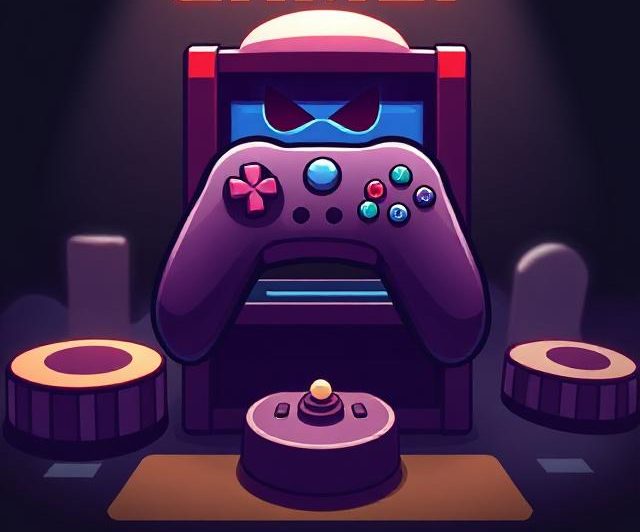The online gaming landscape has given birth to a myriad of platforms that entertain and engage millions, particularly children and young teens. Roblox, a standout player in this domain, has recently taken significant strides to enhance user safety through new regulations and controls. Following harsh scrutiny regarding its effectiveness in safeguarding young users from potential threats—specifically online predators—Roblox has introduced measures aimed at addressing these concerns. These updates not only hope to improve overall security but also reflect the company’s recognition of its responsibility towards its user base.
One of the most notable changes involves restricting users under the age of 13 from sending private messages to other users outside their in-game experiences. This policy revision acknowledges the importance of protecting minors in a digital environment that can often extend beyond mere entertainment. Recognizing that online communication is pivotal for gameplay, Roblox has maintained in-game chat functionalities for younger users, yet, it has established a framework where direct messaging requires parental consent, reinforcing parental involvement in children’s online interactions.

Roblox is also implementing a system of age-gating for specific games and experiences. This involves categorizing content according to its suitability for younger audiences, thereby limiting accessibility to certain features that are deemed inappropriate for players under 13 years. Experiences involving free-form communication or creativity—like drawing or writing—are particularly targeted for these new restrictions. Dina Lamdany, Roblox’s product lead for user settings and parental controls, articulated the need for these measures, stating that both content and conduct in these multiplayer configurations can present risks for younger audiences.
Indeed, age-based content regulation is a significant feature of these newly introduced system modifications. The previous model allowed only limited parental controls; however, Roblox has now shifted to a more transparent system where parents can oversee their child’s account remotely. This feature, which encourages proactive engagement from parents, allows them to manage what experiences their children can access, further empowering families to navigate digital platforms safely.
Moreover, the update provides parents with a myriad of monitoring tools that can be used directly from their devices. Parents can link their accounts to their child’s, enabling them to audit not just the games being played, but also their child’s friend list and average weekly screen time. Such features are critical in an age where screen time management is a growing concern among parents.
The visual labeling of experiences denotes the level of appropriateness for different age groups, with explicit classifications such as “minimal,” “mild,” “moderate,” or “restricted” content. This structured system allows parents to make informed decisions about what games are suitable for their children, offering a clearer understanding of what lies within each experience. It’s noteworthy that children under 9 can only access content labeled as “minimal” or “mild” unless they have explicit parental permission.
Roblox’s response to the backlash it received after the allegations of inadequate protections illustrates its commitment to regaining the trust of its community. The recent Bloomberg investigation exposed disturbingly high cases of predatory behavior on the platform, prompting Roblox to acknowledge its vulnerabilities. The dissemination of new safety measures is not merely reactive but indicates a strategic shift towards prioritizing user safety in their operational ethos.
As part of these updates, Roblox intends to notify parents about upcoming changes in their child’s safety settings when they transition into different age groups. This adaption to evolving user demographics is a positive indication of Roblox’s commitment to maintaining a strong safety network for its users.
Roblox has embarked on a transformative journey toward creating a safer online environment, especially for its younger demographic. With its enhanced parental controls, age-gating policies, and robust content labeling, Roblox is tackling previous criticisms head-on. By embracing these changes, the company not only protects its users but also fortifies its position as a responsible and family-friendly gaming platform. As the digital world continues to evolve, Roblox’s actions signal an essential shift towards a balanced approach that harmonizes user engagement with safety initiatives—an aspiration that all online platforms should strive for in an increasingly complex digital landscape.


Leave a Reply